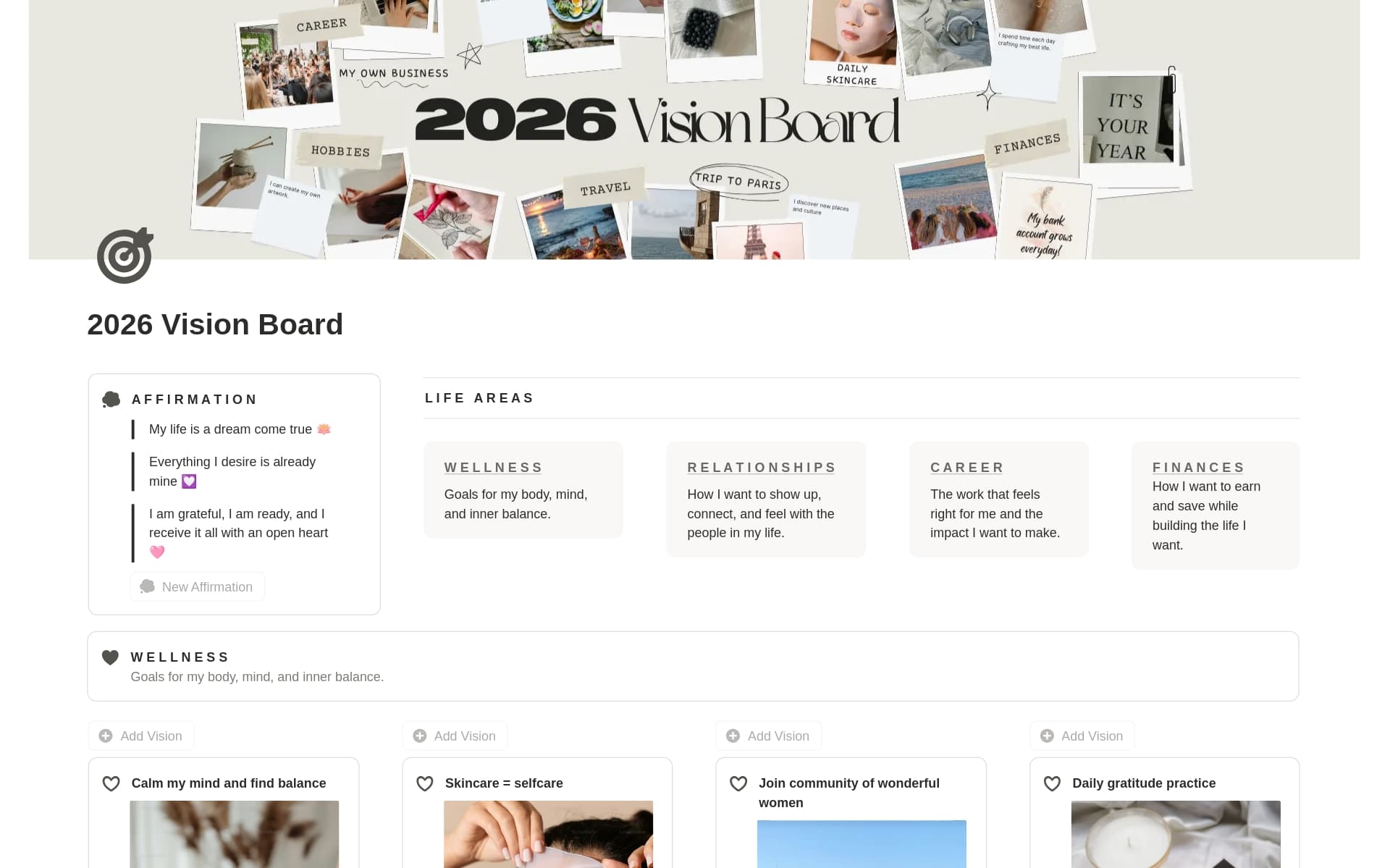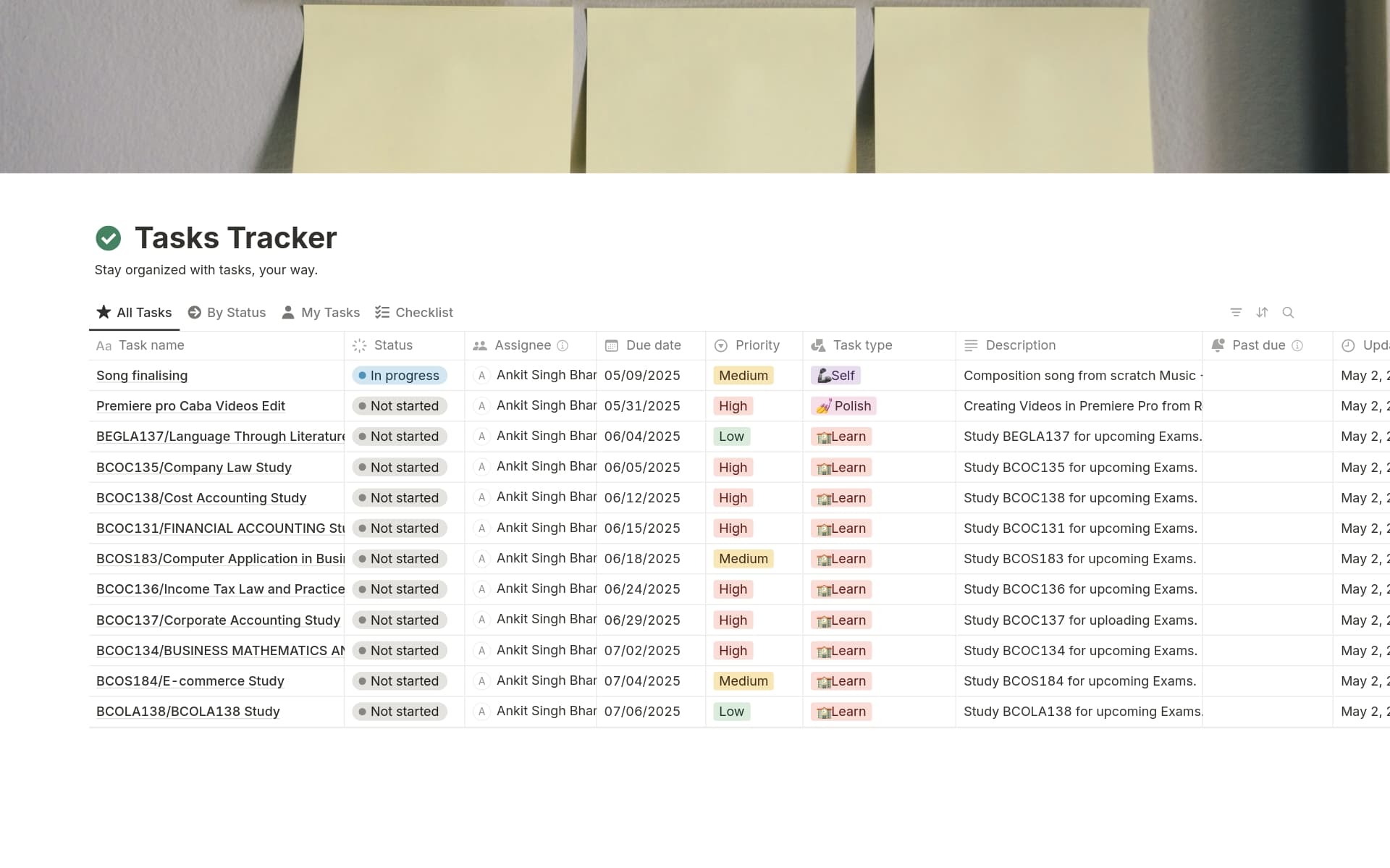Having a Real Estate Agent in your life can be a game-changer when navigating the complexities of buying, selling, or managing properties. They provide expertise, market insights, and negotiation skills that can save you time and money. A Real Estate Agent Notion template can streamline this process by organizing client information, listings, transactions, and schedules, ensuring that every detail is accounted for.
Before you dive into creating your own Real Estate Agent system, take a look at these Notion templates below to simplify and enhance your real estate operations.
What Should Real Estate Agent Templates Include?
Choosing the right Notion template can streamline the daily operations of a real estate agent, ensuring efficiency and organization. Here are key components to look for in a top-notch template:
Client Management: This should include features for tracking client information, communication logs, and appointment histories to maintain excellent client relations.
Property Listings: A good template will have a detailed section for managing active and past listings, with options to include photos, prices, and property features.
Task Scheduler: Essential for keeping track of daily duties and important deadlines, this component helps ensure that no task is overlooked.
Financial Tracking: This part should help in monitoring expenses, earnings, and commissions to keep your finances in check.
Selecting a template with these components will help real estate agents maintain a clear overview of their business and client interactions, enhancing productivity and service quality.
What Should Real Estate Agent Templates Avoid?
Choosing the right Notion template as a real estate agent can streamline your workflow and enhance productivity. However, certain features can do more harm than good. Here are a few components to steer clear of:
Overly Complex Structures: Templates with too many nested pages or intricate linking can be confusing and time-consuming to navigate. Simplicity is key for quick access and usability.
Generic Content: Avoid templates that are not specifically tailored to real estate needs. Templates should include relevant property listings, client management tools, and market analysis features.
Non-Customizable Elements: A template that doesn’t allow you to adjust fields and data to fit your specific market or clientele can limit your effectiveness. Flexibility in a template is essential for adapting to different situations.
Remember, the best template is one that saves you time and adapts to your specific needs without adding unnecessary complexity or irrelevant features.




